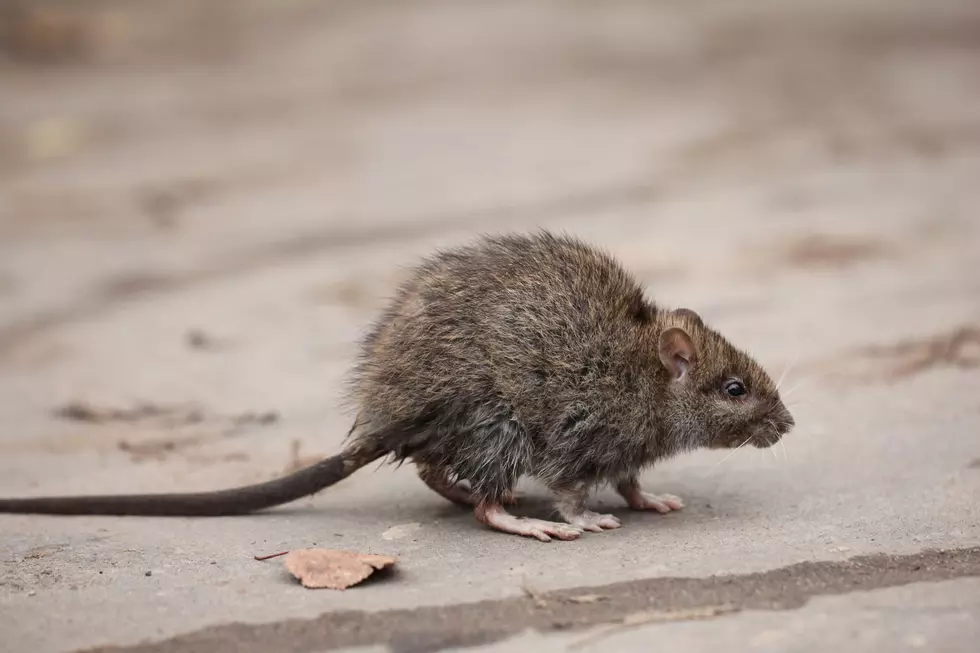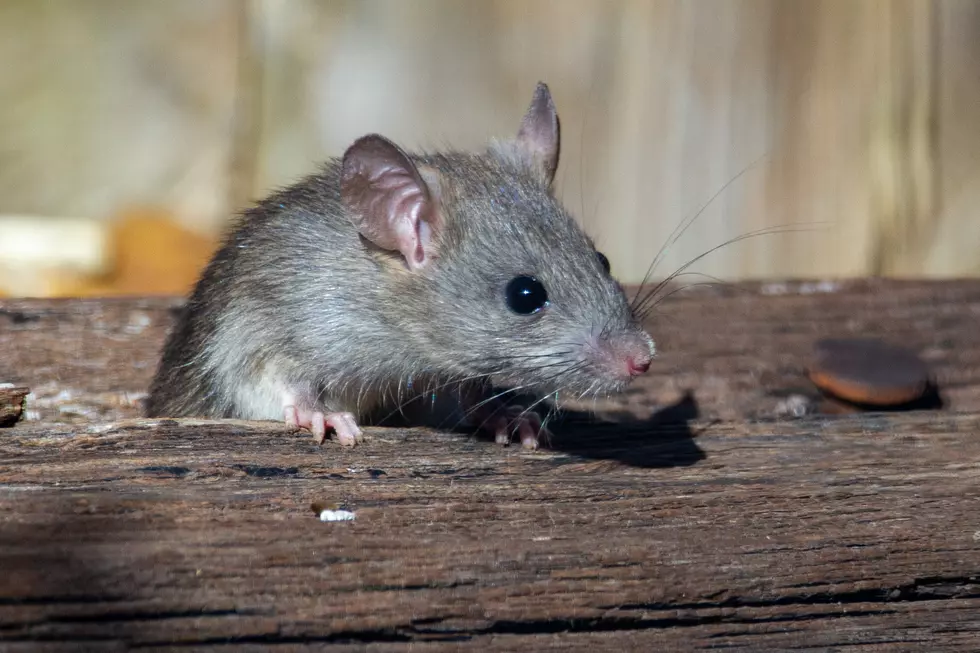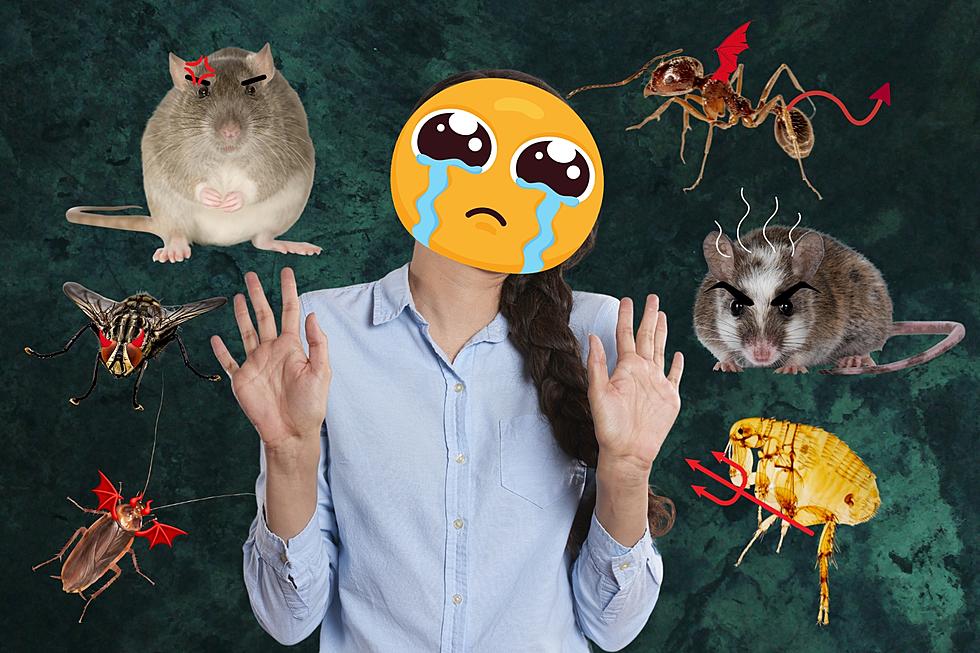
Exterminator Warns “Unintended Consequences” of New Yorkers Going Pesticide-Free
Taking the so-called "eco friendly" way of removing pests is starting to cause some major consequences.
We've been hearing for decades that using poisons to take care of rodents and insects is super bad for the environment.
There's been a growing opposition of pesticides, which is causing many people to switch to eco-friendly means of pest control. Unfortunately, not many of these alternatives are effective and can even lead to worse outcomes.
This year stands to test many individuals because the super warm summer has extended the pest breeding season, which means more rodents and insects will try to invade houses this winter to find warmth.
Read More: Brace Yourselves, a "Pest-Pocalypse" Could Invade New York
But before you pick up those earth-friendly traps to combat these unwanted critters, one local exterminator is sounding the alarm on the potential risks and dangers that homeowners might face if this eco-friendly movement continues unchecked.
Unintended Consequences
New York pest control expert, Zachary Smith of The Pest Dude, says people need to do their research before trying that "green" way of controlling vermin and insects.
While the intention to switch to natural methods is noble, it's essential to understand the bigger picture. Many natural methods of controlling pests are not so effective. If simply switching to a natural alternative worked, there wouldn't have been the need to spend billions of dollars crafting chemical solutions to certain pests. They're considered ‘pests’, after all, because they are harmful to people and very difficult to control with all available methods.
Smith adds keeping pests at bay is "essential for our health and safety." Insects and rodents can spread diseases, create hazardous conditions, destroy property and cause giant messes.
While no one wants to experience the consequences of a pest infestation, some alternative ways of eradication are posing new risks.
For example, Smith says people have been encouraged to plant mint to control ants. Mint is an invasive weed that can take over gardens and lawns because it is super hardy and can grow in virtually anything.
Read More: Upstate NY Mosquito Tests Positive for Potentially Deadly Illness
When it comes to controlling rats, people have been told to treat their parked cars with peppermint oil or put dryer sheets under the hood. Again, Smith discourages that approach.
He warned:
The idea that people should treat their car daily with peppermint and dryer sheets is not sustainable for most people. A large rat population will not disband because of a few cars reeking of bar soap. There's a bigger issue here not being addressed.
However, he says one of the worst suggestions from green activists is to reintroduce natural predators to the area to solve the pest problem.
Smith says individuals should think twice before erecting that barn owl box.
Inviting predators like coyotes, mountain lions, foxes, and bobcats into suburban yards isn't a practical or safe solution. These predators can pose risks to pets and even humans.
He says the best way to control pests is to understand their nature and appropriately apply means of control.
He says people who impulsively try to rid pests themselves can render treatments ineffective or even help vermin and bugs grow stronger.
Proper Education
Smith says pesticide can be used to control unwanted critters. While people may be hesitant to use chemicals, they can be safely applied with proper training and education.
He says people who follow the instructions will see the results they want. "In skilled hands, a very small amount of pesticide can go a long way."
Pesticides are not harmful in small amounts because they are made to target specific pests and are formulated to have low toxicity to humans and non-target species. When used according to the instructions, they pose minimal risk to the environment and can effectively manage pest populations while minimizing potential harm.
Smith notes that untrained individuals using chemicals or natural methods to combat pests are capable of causing damage or render treatment counter-effective.
Over-applying products or not applying it frequently enough can render it ineffective. which leaves homeowners and businesses vulnerable to infestations and the diseases pests can carry.
He says one of the best ways to control pest populations is to modify their habitat to make it lest hospitable and seal up houses so that nothing can worm its way inside.
Read More: Is Central NY in Store for a "Super" El Niño?
Smith also encourages residents to consult with trained professionals before making any drastic pest control decisions, so that they can best serve their health, safety and economic well-being.

The 10 Most Invasive Animals & Insects in New York State
Gallery Credit: Will Phillips
Mice Tunnels On The Front Lawn
Gallery Credit: Clay Moden
More From WIBX 950









